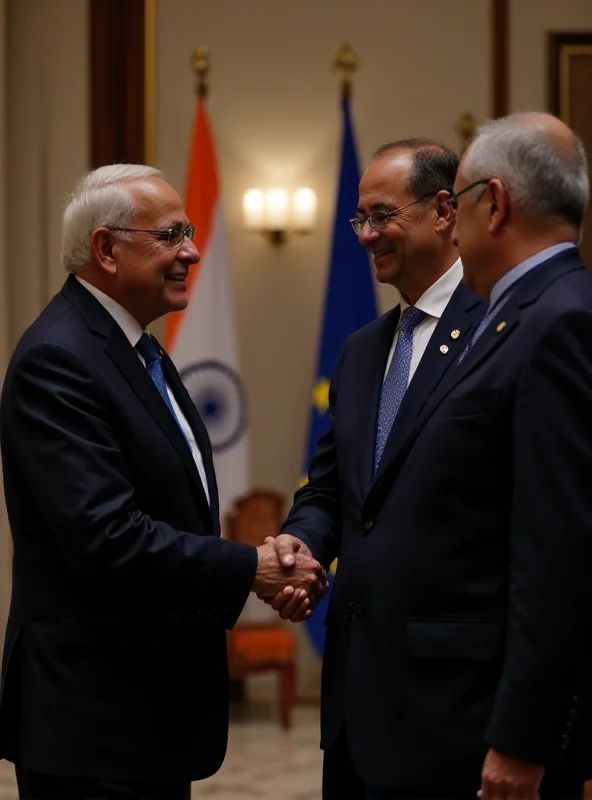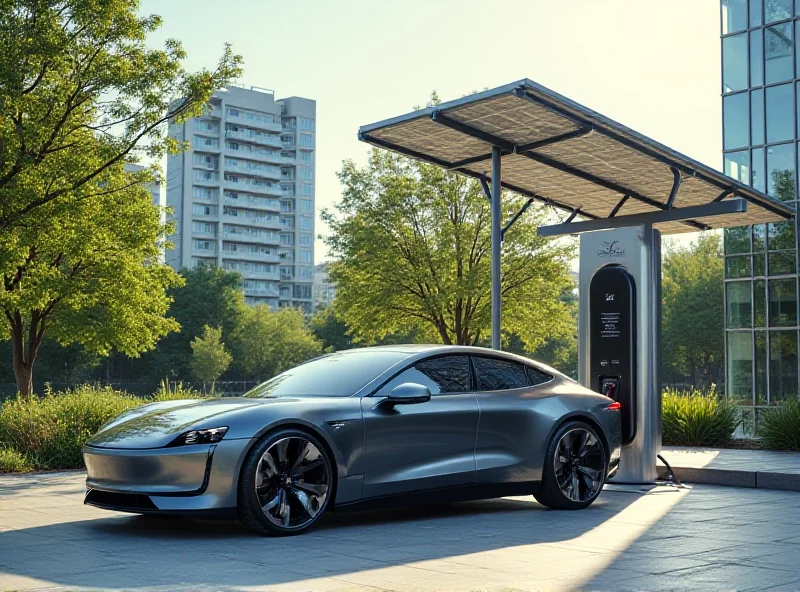The European Union is actively pursuing a trade agreement with India, driven by concerns over potential trade conflicts with the United States. The European Commission is engaging with New Delhi to strengthen diplomatic and economic ties, viewing India as a crucial partner in its strategy to diversify trade relations.

Strategic Diversification
With the specter of a trade war with the US looming, the EU is keen to reduce its reliance on any single market. India, with its rapidly growing economy and vast consumer base, presents an attractive alternative. The proposed trade agreement aims to lower tariffs, streamline regulations, and boost investment flows between the two regions. "This agreement could be a game-changer," said one EU trade official, "providing significant opportunities for businesses on both sides."
The European Commission's visit to New Delhi signifies the importance the EU places on this potential partnership. Discussions are expected to cover a wide range of issues, from intellectual property rights to environmental standards. The goal is to create a comprehensive and mutually beneficial trade framework.
Czechia's Retirement Age and EU Trends
Meanwhile, in other parts of Europe, significant shifts are occurring in retirement patterns. In Czechia, despite ongoing pension reforms, the average retirement age is gradually increasing. While still lower than the European average, the trend suggests a move towards later retirement, potentially impacting social security systems and workforce dynamics.

Electric Vehicle Push and Local Battery Production
The European Commission is also actively working to promote the adoption of electric vehicles. A key component of this strategy is a proposal requiring local battery production. This move aims to reduce reliance on foreign battery suppliers and stimulate the growth of a domestic battery industry within the EU.
The proposed measures reflect a broader effort to enhance the competitiveness of European industries and secure its supply chains in critical sectors. The EU's focus on electric vehicles is part of its commitment to reducing carbon emissions and transitioning to a more sustainable economy.

These diverse initiatives, from forging trade agreements to promoting electric vehicles, highlight the EU's proactive approach to navigating a complex and rapidly changing global landscape. The pursuit of closer ties with India is a testament to the EU's adaptability and its commitment to securing its economic future.
